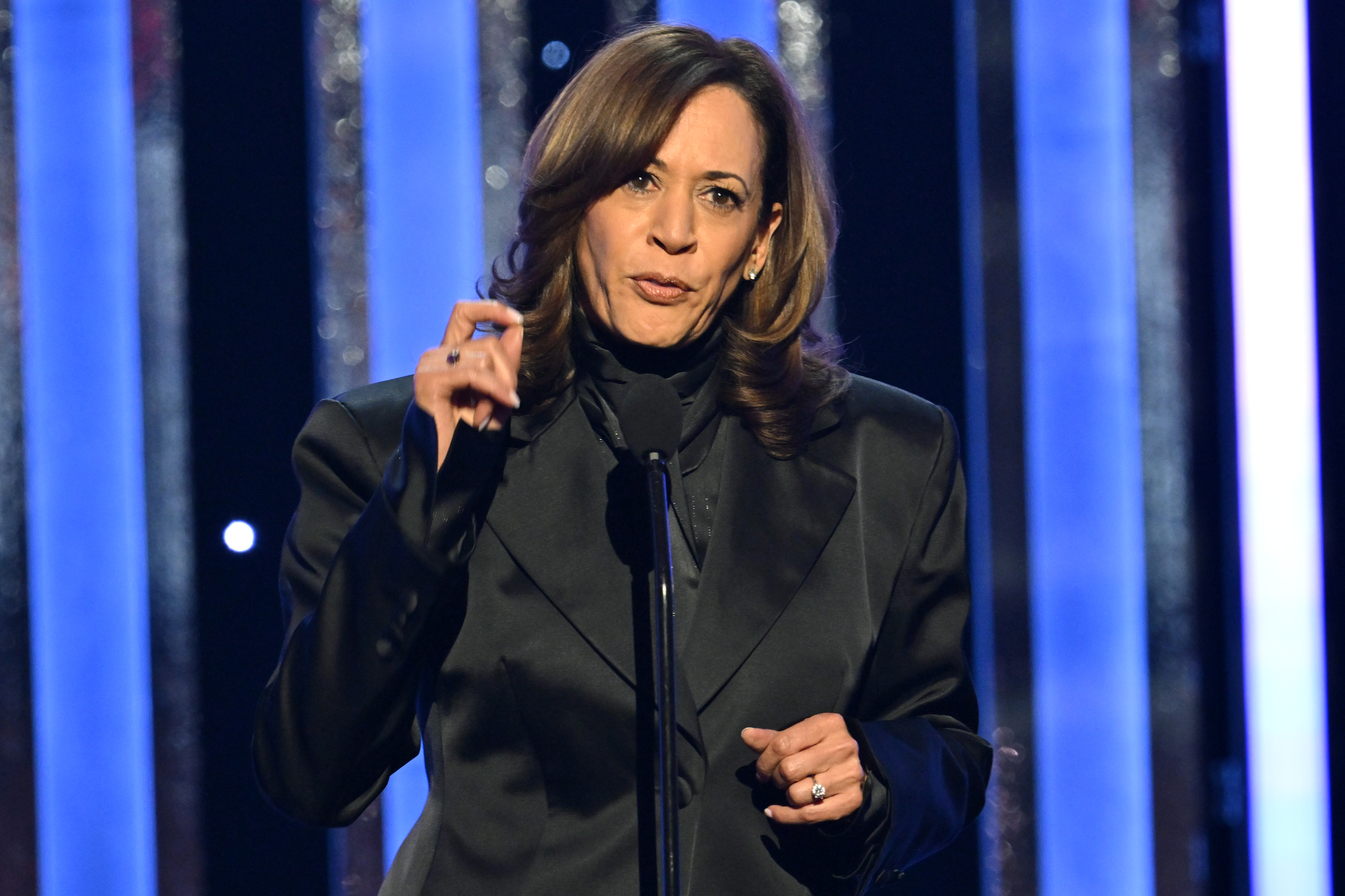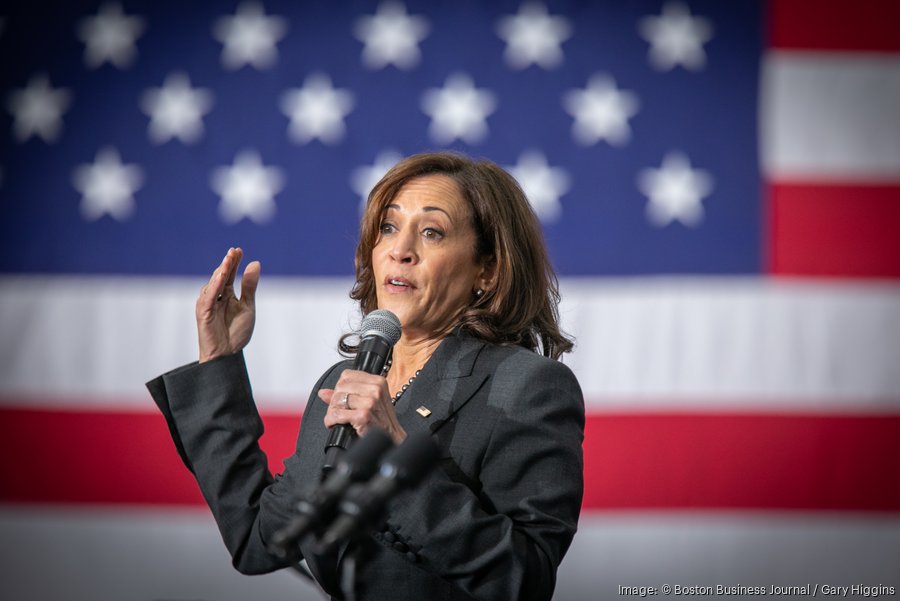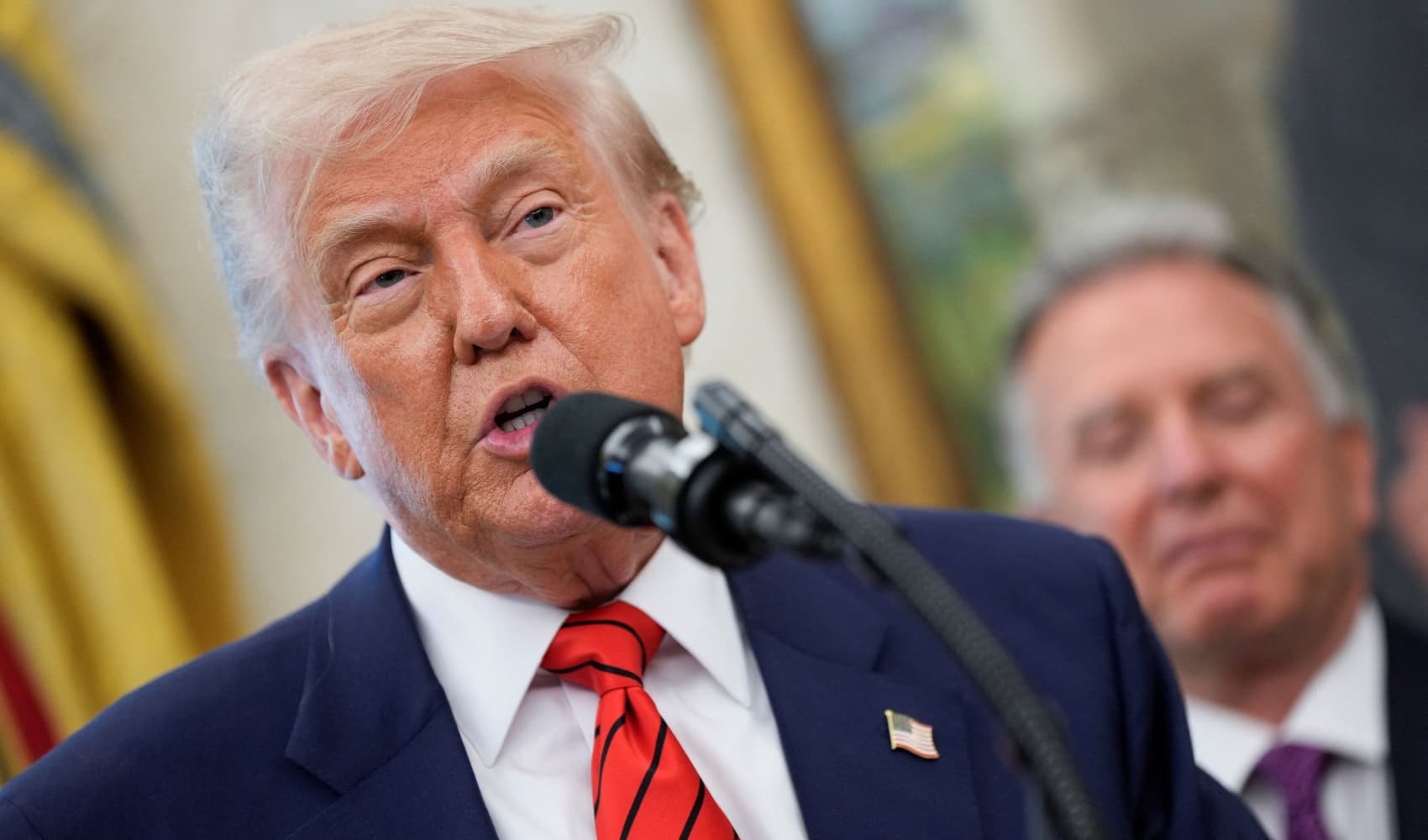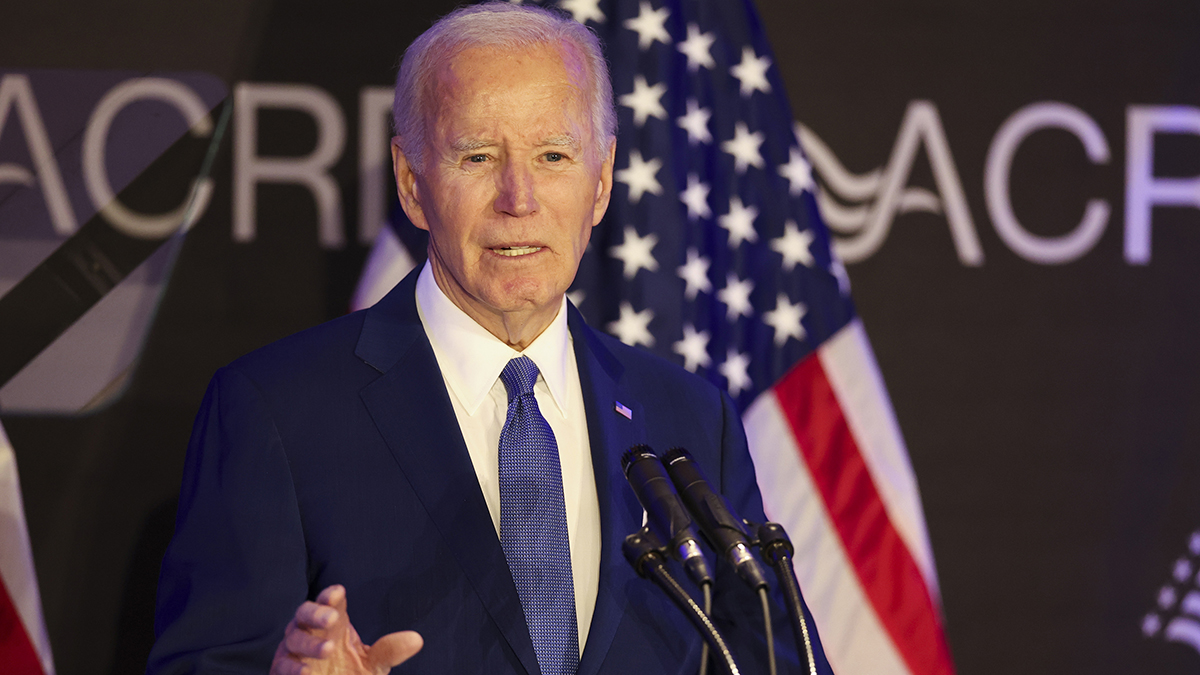Trump's Tariffs Anger Americans: 100-Day Poll Disappointment
Trump's 100-Day Disappointment: Americans Sour on Tariffs & Immigration
A Disappointing Start: Trump's Second Term Facing Headwinds
As President Donald Trump approaches the 100-day mark of his second term, a recent NBC News Stay Tuned Poll, powered by SurveyMonkey, paints a less-than-rosy picture. Americans are expressing significant disappointment, particularly regarding his handling of immigration and, perhaps even more critically, his controversial tariffs. Are these early indicators of deeper dissatisfaction that could shape the remainder of his term? Let's delve into the details.
The Approval-Disapproval Divide: A Nation Divided
The poll reveals a stark divide in public opinion. A majority of American adults, 55%, disapprove of Trump's performance, while only 45% approve. But it's not just the overall numbers; it's the intensity of feeling that's particularly noteworthy.
Strong Disapproval Outweighs Strong Approval
Just over 4 in 10 Americans strongly disapprove of Trump's job as president. Compare that to only a quarter who strongly approve. Think of it like this: it's not just a slight preference; it's a palpable wave of discontent crashing against a smaller, though still fervent, shore of support. What does this tell us about the current political climate?
Emotional Reactions: Anger vs. Happiness
The poll went beyond simple approval ratings, asking respondents to describe the emotions Trump evokes. The results are telling. Negative emotions like “angry” and “furious” significantly outweighed positive responses like “happy” and “thrilled.” Is this a reflection of policy decisions, personal style, or a combination of both?
Tariffs Under Fire: The Economic Disconnect
Trump's tariffs have long been a subject of debate, but the poll suggests they're becoming a major pain point for Americans. A significant portion of respondents expressed disapproval of these tariffs, likely feeling the pinch in their wallets.
Are Tariffs Backfiring?
The economic impact of tariffs is complex, but the perception among many Americans is clear: they're not working. Are these tariffs designed to protect American industries ultimately hurting consumers and businesses? The poll results suggest many think so.
Immigration: Cracks in a Foundation?
Immigration has historically been one of Trump's strongest issues in polls. However, even on this front, the survey indicates a weakening of support. The poll reveals a sharp divide on his handling of immigration. It seems even his base is starting to question his strategies.
Shifting Attitudes on Immigration
Has the public's view on immigration shifted? Are concerns about economic impact, humanitarian issues, or something else entirely driving this change? Whatever the reason, it's clear that Trump's usual playbook isn't resonating as strongly as it once did.
The MAGA Base: Still Loyal, But Less Enthusiastic?
While Trump retains a core base of support, even within this group, the intensity of approval seems to be waning. Could this be due to unfulfilled promises, policy disappointments, or simply fatigue with the constant political drama?
The Future of the MAGA Movement
The strength and dedication of Trump's base have been crucial to his political success. But if that support begins to erode, even slightly, it could have significant implications for his future and the future of the Republican party. Is the MAGA movement sustainable in the long term?
Beyond the Numbers: What's Driving the Discontent?
The poll data provides a snapshot of public opinion, but it doesn't fully explain the underlying reasons for the widespread disappointment. Several factors could be at play.
Economic Concerns: A Driving Force?
The economy is always a top concern for voters, and any perceived threats to their financial well-being can quickly sour their opinions of political leaders. Are Americans worried about inflation, job security, or the overall direction of the economy?
Social and Cultural Issues: A Nation Divided
Beyond economics, social and cultural issues continue to be a source of deep division in America. Are disagreements over issues like abortion rights, LGBTQ+ rights, and racial justice contributing to the negative sentiment towards Trump?
The 2024 Election: A Sign of Things to Come?
While it's still early, this poll raises questions about Trump's electability in 2024. Can he reverse the current trend of disapproval and regain the support of key voting blocs? The clock is ticking.
Will Trump Run Again?
The question of whether Trump will run for president again in 2024 looms large over the political landscape. If he does, will he be able to overcome the challenges revealed in this poll and mount a successful campaign?
The Impact on the Republican Party
Trump's popularity, or lack thereof, has a significant impact on the Republican party as a whole. His influence within the party remains strong, but his declining approval ratings could create opportunities for other potential leaders to emerge.
A Battle for the Soul of the GOP
The Republican party is currently grappling with internal divisions over its future direction. Will it continue to embrace Trump's populist brand of politics, or will it move towards a more moderate approach? The answer to this question will shape the party's identity for years to come.
Trump's Response: Will He Adapt?
How will President Trump respond to these disappointing poll numbers? Will he double down on his existing policies and rhetoric, or will he attempt to appeal to a broader range of voters?
A Pivotal Moment for the Presidency
The next few months will be crucial for Trump as he seeks to regain the confidence of the American people. Whether he chooses to adapt his approach or stick to his current course, his decisions will have a profound impact on the country's political landscape.
Conclusion: A Challenging Road Ahead
The NBC News Stay Tuned Poll paints a picture of a president facing significant challenges. Disapproval is widespread, negative emotions are prevalent, and even traditionally strong areas like immigration are showing signs of weakness. With tariffs under fire and the 2024 election looming, Trump faces a steep uphill climb. Whether he can adapt and reverse the current trend remains to be seen. The next few months will be crucial in determining the trajectory of his presidency and the future of American politics.
Frequently Asked Questions
- What is the significance of the 100-day mark for a president? The first 100 days are often seen as a honeymoon period, where a president has the best chance to push through their agenda and set the tone for their administration.
- What is a tariff and how does it affect consumers? A tariff is a tax on imported goods. While intended to protect domestic industries, they often lead to higher prices for consumers as businesses pass on the cost.
- How reliable are polls like the NBC News Stay Tuned Poll? Polls provide a snapshot of public opinion at a given time, but they're not always perfect. Factors like sample size, methodology, and wording can influence the results.
- What can President Trump do to improve his approval ratings? There are various strategies he could employ, such as addressing economic concerns, focusing on issues that unite Americans, and improving his communication style.
- What is the potential impact of these poll results on the 2024 election? While early polls aren't always predictive, they can provide valuable insights into the political landscape and help shape campaign strategies. A consistently low approval rating could make it more difficult for Trump to win.



![Trump's SALT Tax Relief: Who Wins & Loses? [2024 Guide] Trump's SALT Tax Relief: Who Wins & Loses? [2024 Guide]](https://media.nbcnewyork.com/2024/09/108036180-1726690741123-gettyimages-1604166984-CapitolHill.jpeg?quality=85&strip=all)



